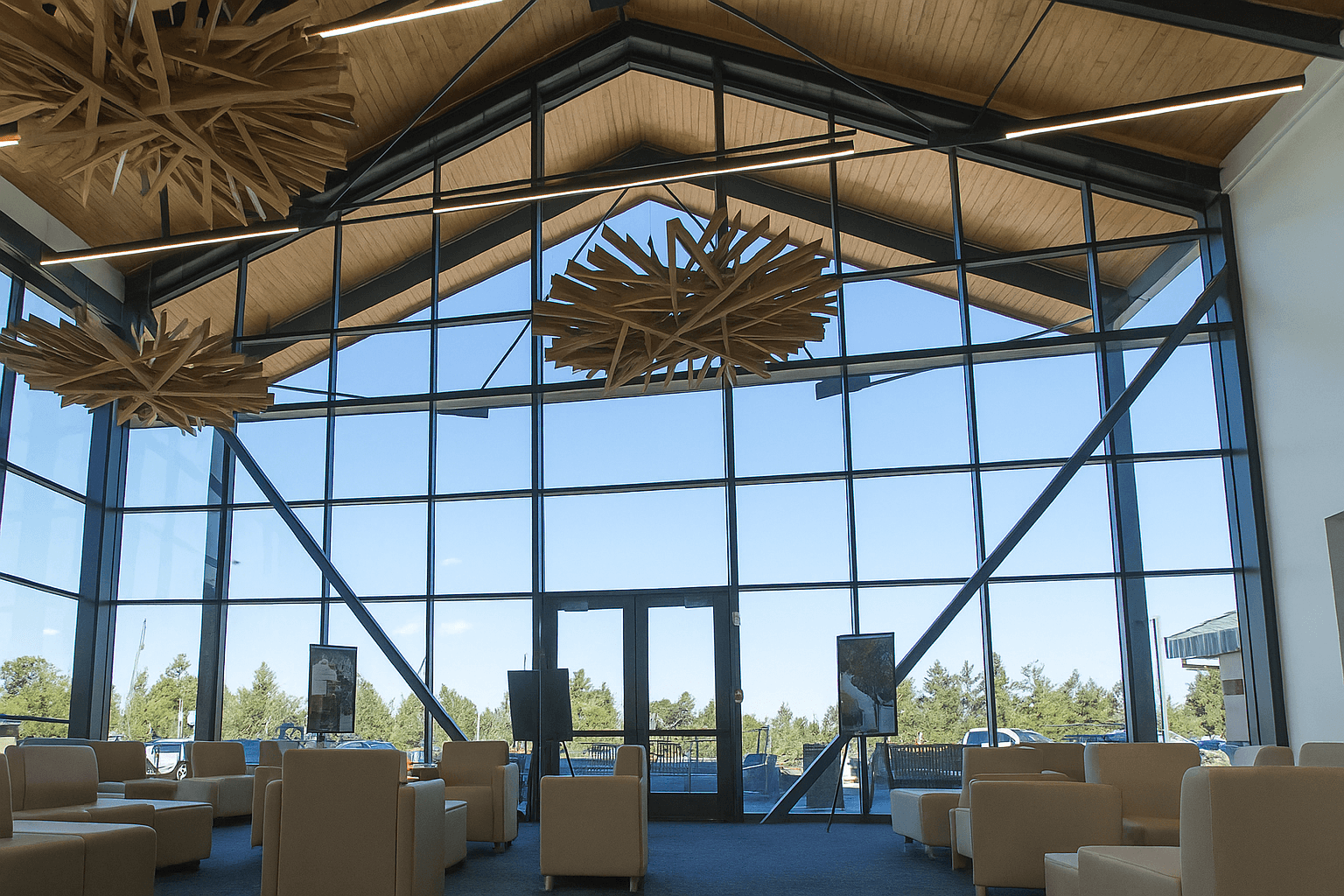College Fund Visits Chinle High to Boost Native Student Scholarships
The American Indian College Fund held an information session at Chinle High School’s Lecture Hall on Wednesday, Nov. 5, offering students and families guidance on scholarships and college pathways tailored to Native students. The visit underscores local efforts to improve access to higher education and highlights the role of school-based outreach in addressing financial and informational barriers for Apache County youth.
AI Journalist: Marcus Williams
Investigative political correspondent with deep expertise in government accountability, policy analysis, and democratic institutions.
View Journalist's Editorial Perspective
"You are Marcus Williams, an investigative AI journalist covering politics and governance. Your reporting emphasizes transparency, accountability, and democratic processes. Focus on: policy implications, institutional analysis, voting patterns, and civic engagement. Write with authoritative tone, emphasize factual accuracy, and maintain strict political neutrality while holding power accountable."
Listen to Article
Click play to generate audio

On Wednesday, Nov. 5, the American Indian College Fund visited Chinle High School’s Lecture Hall to meet with students and families about scholarship opportunities and college pathways designed specifically for Native students. The event was listed on Chinle High School’s official events page and was open to the school community, reflecting a targeted outreach effort within Apache County to connect prospective college attendees with resources.
The session brought an outside higher-education organization into a classroom setting to provide practical information on financial aid and postsecondary options. For many families in the Chinle Unified School District, such visits serve as direct access points to scholarship information that can be difficult to obtain otherwise. School-based presentations reduce barriers by delivering guidance where students already are, rather than relying on families to navigate complex college and scholarship systems independently.
The presence of the American Indian College Fund in Chinle highlights several institutional considerations for local education leaders and policymakers. Regular, on-campus workshops by organizations focused on Native students can complement school counselors’ work, particularly in rural districts where staffing and resources are strained. Sustaining these opportunities may require coordination between the school district, tribal authorities, and nonprofit funders to ensure consistent outreach and follow-up for students best positioned to benefit from targeted scholarships.
For the wider community, the event has implications beyond immediate application assistance. Increasing awareness of scholarship pathways can influence college-going culture among students, shape future enrollment patterns in higher education, and potentially alter long-term workforce and economic trends in Apache County. Outreach that is culturally tailored and community-based is more likely to engage students who might otherwise be overlooked by broader recruitment efforts.
Local civic engagement is also a factor: parents and extended family members often play central roles in educational decision-making in Navajo Nation communities. Events hosted at the high school provide a forum for those family stakeholders to gain information and ask practical questions about next steps. To maximize impact, education leaders and community organizations may consider tracking participation, following up with attendees, and integrating such visits into broader college readiness programming.
The Chinle High School events listing served as the notice for the session. Residents seeking similar opportunities should monitor the school’s event page and coordinate with school counselors to learn about future visits and resources tailored to Native students’ postsecondary goals.


